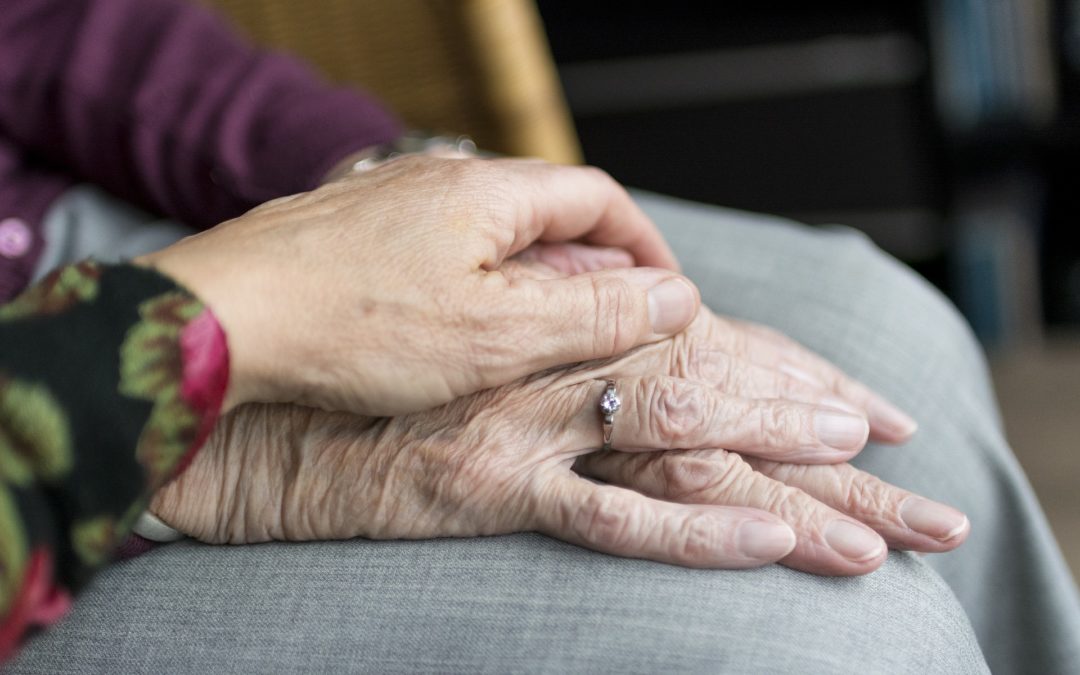From the Philadelphia Gay News
By Matt Yarnell, President, Service Employees International Union Healthcare Pennsylvania
Most of us hope we will never have to make the decision to place a loved one in a nursing home. Yet, many of us will be faced with this challenging task. Turning the care of our parents, grandparents, or partners over to strangers is a decision fraught with guilt, anxiety, and hope that a facility’s caregivers will provide high quality care for a short period or the rest of someone’s life.
Front-line caregivers are the key to whether a loved one will receive the attention, care, good food, and clean room they deserve. The Practical Nurses, Nurse Aides, dietary workers, and house cleaners often become the surrogate family for nursing home residents. We try to visit our loved ones regularly, but staff are the ones with them 24/7.
Unfortunately, there is a staffing crisis that is taking a toll on caregivers and residents alike. When I started working as a Nurse Aide 21 years ago in State College, there were times when we should have had more staff on the floor. Today, I am the President of Pennsylvania’s largest health care workers’ union – Service Employees International Union Healthcare Pennsylvania – and I hear on a daily basis from front-line caregivers who are in distress. They are caring for more residents than they should. They work double shifts, are getting hurt, and many are considering different jobs. When this happens, caregivers are forced to do the best they can. But they know it’s not what our loved ones need or deserve.
Our Union fights for justice and dignity for all people and believes that everyone has a right to high quality healthcare from cradle to the grave. This mission is shaping how we tackle the current workforce staffing crisis and how we engage our members, public officials, and our entire organization to meet this challenge.
First, we have to figure out how to encourage more people to take on the job of caring for seniors and people with disabilities, whether it’s in a nursing home or as a home care worker. This means trying to engage young people and, more importantly, making sure that everyone doing this work feels welcomed and accepted.
Growing up as a gay man in Central PA was often a struggle for me. However, when I started working in a nursing home, I quickly realized we all shared a common goal of wanting to provide good care for our residents. We came together through our union to advocate both for our residents and for each other. I felt welcomed and I want others to have that feeling as well. That is why our Union is working to ensure that every direct care worker is valued and respected, whether they are part of the LGBT+ community, a person of color, an immigrant, have been incarcerated, or otherwise struggle to be accepted. Our Union’s Training and Education Fund includes cultural competency in its curriculum and we routinely explore issues of institutional racism and inclusion with our rank and file leadership.
Second, we have to make sure that nursing home and home care jobs are good jobs that become careers. We cannot entrust our loved ones to workers who live in poverty without access to affordable health care. Caring for our seniors and those living with disabilities must be a living-wage job with high-quality health care. Employees need to have access to continued training and opportunities for advancement. And all caregivers should have the ability to have a voice at work and form a union without reprisals from their employers.
Finally, public officials need to lead. I serve as the Chair of the Pennsylvania Long-Term Care Council’s Workforce Committee. This year we produced A Blueprint to Strengthen Pennsylvania’s Direct Care Workforce, serving as a guide to improving the lives of caregivers and the care they provide for our seniors and people with disabilities. The Council continues to push the Wolf Administration and legislators to enact our recommendations.
When I started working in a nursing home twenty-one years ago, I quickly developed a vision for a more just healthcare system where residents, patients, and caregivers were treated with dignity and respect. For me, that vision has never wavered. The current staffing crisis has only strengthened our resolve to achieve justice for all.

